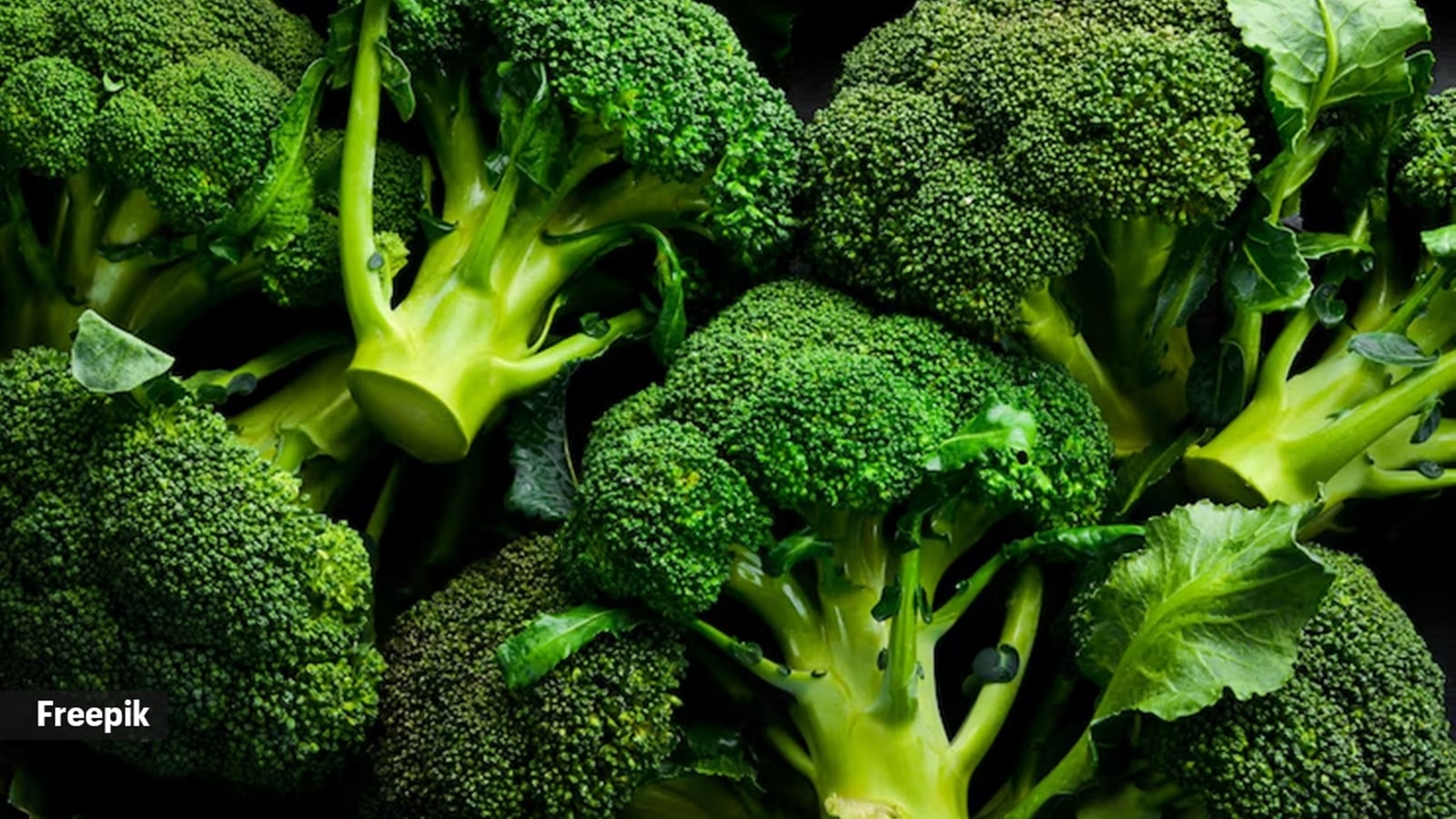📣 For more lifestyle news, click here to join our WhatsApp Channel and also follow us on Instagram
Rakul Preet Singh once revealed four high-protein vegetables ‘jinka aapko nahi pata hai’; expert on whether these actually make a difference
Protein is a vital nutrient your body needs to grow, repair, and function properly.
 Rakul Preet Singh once shared a nutrition tip that might surprise many (Source: Instagram/Rakul Preet Singh)
Rakul Preet Singh once shared a nutrition tip that might surprise many (Source: Instagram/Rakul Preet Singh)When it comes to boosting protein intake, most people tend to focus on the usual suspects: chicken, eggs, paneer, or protein powders. But what if your everyday vegetables could also offer a meaningful dose of protein?
Actor Rakul Preet Singh once shared a nutrition tip that might surprise many. While speaking about her daily diet in an interview with podcaster Ranveer Allahbadia, she was asked about some good vegan sources of protein. She replied, “You know there are so many vegetables jo high in protein hoti hain, jinka aapko nahi pata hai (There are so many vegetables that are high in protein, but you don’t know about it).” She went on to mention that edamame, methi (fenugreek), asparagus, and broccoli are high in protein.
Protein is a vital nutrient your body needs to grow, repair, and function properly. It’s made up of amino acids, which are often called the building blocks of life. While there are several animal sources of protein, many have hailed paneer, tofu, and tempeh as great options for vegetarians.
But, do vegetables like the ones mentioned by Rakul Preet Singh really help us meet our daily protein needs?
Ashlesha Joshi, senior nutritionist at Tone 30 Pilates, tells indianexpress.com, “Yes, vegetables like edamame, methi, asparagus, and broccoli do contain protein and can certainly contribute to one’s overall intake, especially in a balanced diet. Edamame and asparagus are relatively rich in protein and can provide a more concentrated source compared to typical vegetables. Methi and broccoli, while not as protein-dense, still offer small but valuable amounts along with a variety of vitamins, minerals, and fibre. In a regular Indian diet, they work well as supportive sources of protein when combined with other staples.”
 Meeting daily protein needs on a vegetarian or plant-forward diet is entirely possible (Source: Freepik)
Meeting daily protein needs on a vegetarian or plant-forward diet is entirely possible (Source: Freepik)
How does the bioavailability or quality of protein in these vegetables compare to that of animal-based or plant-based protein staples?
The protein in vegetables such as broccoli and methi generally has a lower bioavailability and is not considered complete, meaning it does not provide all essential amino acids in optimal proportions.
Joshi states, “In contrast, dairy, soy products, and certain legumes offer higher-quality protein with better absorption and a more complete amino acid profile. Edamame stands out among vegetables because it comes from soy and is closer to the quality of other plant-based protein staples. So while vegetables add to overall intake, they are best seen as complementary rather than primary protein sources.”
How realistic is it to rely on these vegetables to hit the daily protein requirement?
Meeting daily protein needs on a vegetarian or plant-forward diet is entirely possible, but it requires thoughtful planning. Joshi mentions, “Relying solely on vegetables like methi or broccoli may not be sufficient, as their protein content is modest.”
However, she says, when these are combined with legumes, lentils, whole grains, nuts, and seeds, they contribute meaningfully. A diverse plate ensures that different amino acids complement each other throughout the day. “For example, pairing vegetables with dal or adding edamame to salads or grain bowls can enhance both protein intake and overall nutrient density.”
DISCLAIMER: This article is based on information from the public domain and/or the experts we spoke to. Always consult your health practitioner before starting any routine.
📣 For more lifestyle news, click here to join our WhatsApp Channel and also follow us on Instagram



- 01
- 02
- 03
- 04
- 05
























